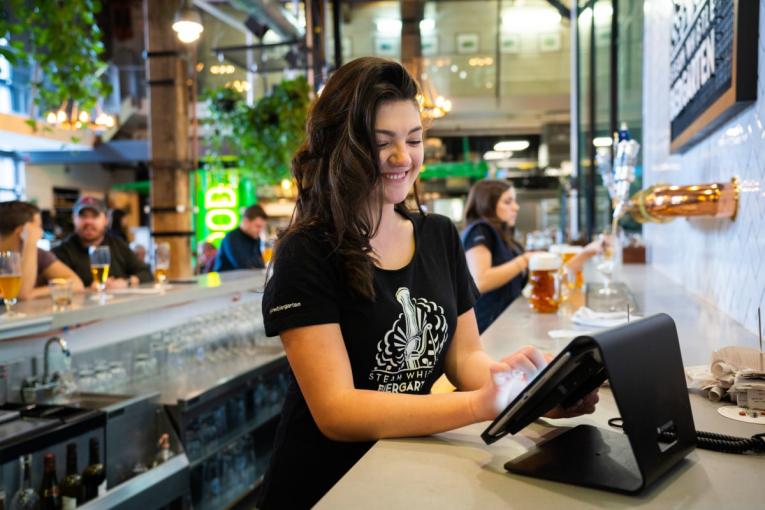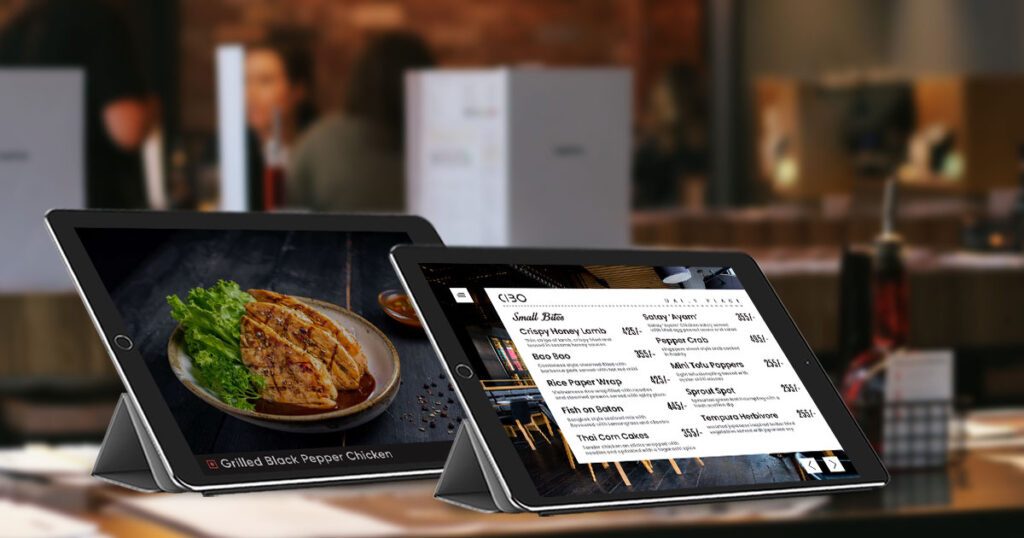BUSINESS
Benefits, Types and Features of Restaurant Management System

Over 1 million restaurants are thought to engage over 15.6 million people and bring in $829 billion in revenue annually. To facilitate effective procedures, all of these establishments rely on Restaurant Management System (RMS). The problem is that not all companies offer a complete package. Therefore, for your restaurant or cafe business to succeed, it is important to find the right company that provides the features and tools you need.
This restaurant software is essential in order for restaurants to provide excellent customer service. However, for a full solution, you will need the correct mix of tools and features. In this blog, we will provide a short explanation, of the advantages of restaurant management systems. In addition, I will discuss the types of Restaurant management systems. There are five essential characteristics to look for in a restaurant software. Let us start now:
What is Restaurant Management System?
A software that facilitates the streamlining of business processes for the food industry is referred to as a restaurant management system. Specifically, eating establishments, bars, bakeries, cafes, cloud (ghost, virtual, or dark) restaurants, food trucks, or delivery companies.
It combines all the beneficial aspects of conventional POS (Point of Sale) systems with tools for managing calls, taking reservations for tables, streamlining inventory management, handling billing, providing actionable analytics, and assisting with marketing initiatives like CRM, loyalty schemes, and establishing an online presence. It also employs open APIs that enable you to integrate with just about any third-party application and smoothly integrates with your existing restaurant information system, such as your accounting & employee management software.
This is a great way to manage your restaurant if you want to make sure that you are providing a safe environment for your customers and employees. It also allows you to keep track of the money you are making and the costs of doing business.
Benefits of Restaurant Software
Using restaurant management software has the following advantages:
Increased Effectiveness: The RMS enables you to oversee all of your procedures in a single location. As a result, efficiency rises since you can keep better track of everything.
Better Organization: An RMS keeps all of your data organized in one place. The RMS can be altered to meet your individual requirements.
Improved Customer Service: You may give customers better service by keeping track of their interactions and preferences. Better decision-making is possible because of having all of your information in one location.

Types of Restaurant System
Hotel and restaurant management system isclassified into three types: cloud-based, on premise, and hybrid. The supplier hosts cloud-based systems, which are accessed via a web browser. On-premise systems are those that you install on your own PC or server. Cloud & on premise technologies are used in hybrid systems.
Things to Consider When Purchasing a Restaurant Management System
When selecting a restaurant software, keep the following five features in mind:
Price: The system should be affordable to you.
Functionality: The system should have all of the capabilities that you require to run your restaurant.
Scalability: The system must be able to grow alongside your company.
Ease of Use: The system should be simple to learn and implement. It should also be simple to use so that you can easily find what you need.
Support: The system should provide excellent customer service so that you can get assistance when you need it.
Restaurant Management System Features
Now that we have given you a high-level summary of the top restaurant management system. Let’s take a closer look at some of the things to look for while selecting a system.
1. Payroll Administration
A good payroll automates the payroll process. It can also keep track of employee time and deductions, as well as generate pay stubs & tax reports. To minimize time and ensure accuracy, an RMS can link with your payroll system.
2. Management of Customer Relationships (CRM)
You may maintain track of client interactions and preferences with a customer relationship management system (CRM). This data can be utilized to give better service to customers and to develop marketing reports. An RMS can be linked to a CRM system and provide a more comprehensive view of your clients.
3. Inventory Control
Inventory management is the practice of tracking and regulating a company’s stock of items. An RMS can assist you in tracking inventory levels, as well as min and max stock levels and reorder points. This will help make sure that you never go out of goods and that you will always have an adequate supply on hand.
4. Accounting
Accounting software can assist you in managing your finances, tracking spending, and producing financial reports. An RMS can work in tandem with your accounting system to provide a more complete picture of your organization. This will assist you in making better restaurant judgments.
Final Words
Now that you understand what to look for from restaurant management software, it is time to select one that meets your requirements. The easiest way to achieve this is to experiment with various systems to see which one actually works for you. You can try HiMenus, the best restaurant order management system. For further updates, visit our site.
